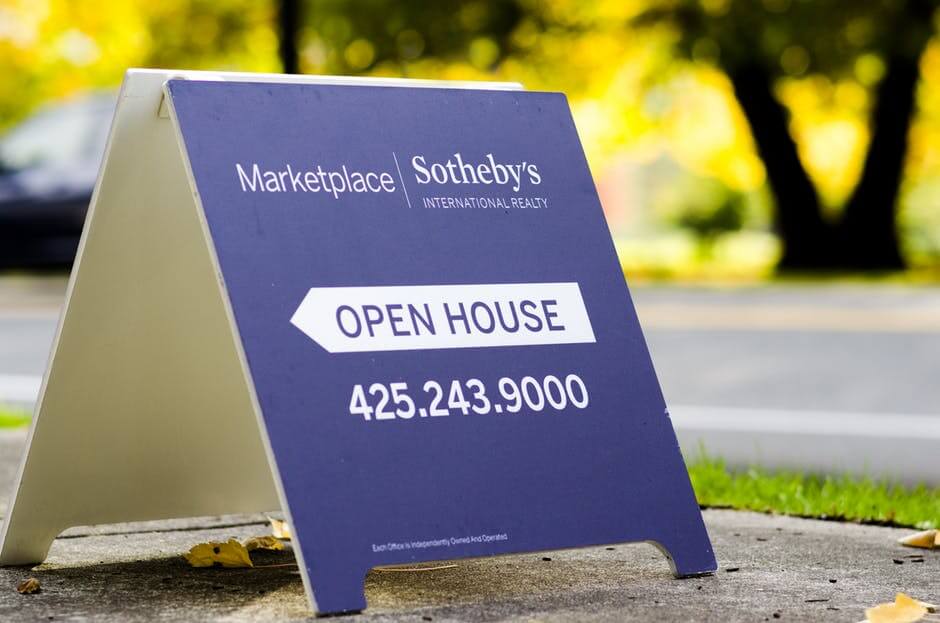Business
Is rent control the answer to UK’s tenant crisis?
Cap rentals are seen as a possible solution to intractable rental increases.

According to a research by Countrywide, rents last year received a £1.8 billion increase from 2016 levels and totaled to £51.6 billion in payment, which is also more than double the value from a decade ago.
In a report from The Independent, prices of rent have been climbing in the U.K. for the past few years amid the faltering balance between supply and demand for real estate. And skyrocketing prices of house properties make it impossible for the average millennial today to afford a house, worsening the crisis.
According to the Institute for Fiscal Studies, about 27 percent of adults from ages 25 to 34 and raking in middle-class income owned a home in 2016, per a separate report of The Independent. Compared to the same group in the mid-90s, this conveys a collapse from the 65 percent who owned houses.
But the continuing hikes are sparking a wider debate on until when this market will see big increases. Based on a survey conducted by trade body ARLA Propertymark, six out of 10 letting agents believe rents will again see an upward adjustment this year. But with the government’s consideration of placing a cap on rentals, about seven out of 10 think the new terms will mean landlords paying higher costs and making tenants pay additional fees.
Jeremy Corbyn, the leader of the Labour Party and of the Opposition since 2015, had described the crisis as a “failed model of capitalism,” which he vowed to end. Capping private house rental prices, according to Corbyn, is a solution to protect tenants in the U.K.

Capping private house rental prices is a proposed solution to spiking rental problems. (Source)
For some who had no choice but to pay for high and often unreasonable rentals just because the landlord can impose such prices, the proposal may be perceived as an effective solution, The Guardian reported. But the planned policy is also drawing opposition especially from the Residential Landlords Association (RLA), which will be most hit by such capping measures.
The group argued that the policy would aggravate the situation, rather than serve a solution to tenants. They also said the rates in rent hikes depend on inflation. For instance, January 2018’s consumer price index landed 2.7%, while rent increases were way below the inflation mark.
RLA policy director David Smith, instead, blamed the government’s “punitive tax increases,” which will make the dent in the rental industry wider and wider in the following years.
For The Property Hub co-founder Rob Bence, the government is looking at ways to address problems, but this is just the tip of the iceberg. Instead of launching a crackdown against landlords for high rentals, the state must act on constructing new houses that can be rented and purchased.
MakeUrMove managing director Alexandra Morris echoes the same sentiment. She added that rent controls merely resolve “a symptom of the problem” while neglecting the whole property market that is in dire need of supply.

-

 Crowdfunding2 weeks ago
Crowdfunding2 weeks agoSpain’s Real Estate Crowdfunding Boom: Opportunity, Access, and Hidden Risks
-

 Crypto14 hours ago
Crypto14 hours agoBitcoin Steady Near $68K as ETF Outflows and Institutional Moves Shape Crypto Markets
-

 Fintech1 week ago
Fintech1 week agoDruo Doubles Processed Volume and Targets Global Expansion by 2026
-

 Impact Investing2 weeks ago
Impact Investing2 weeks agoIntesa Sanpaolo’s 2026–2029 Growth and ESG Strategy

























You must be logged in to post a comment Login